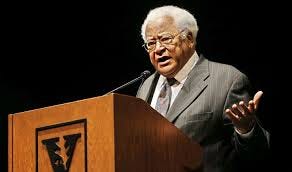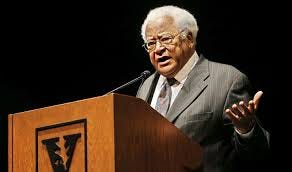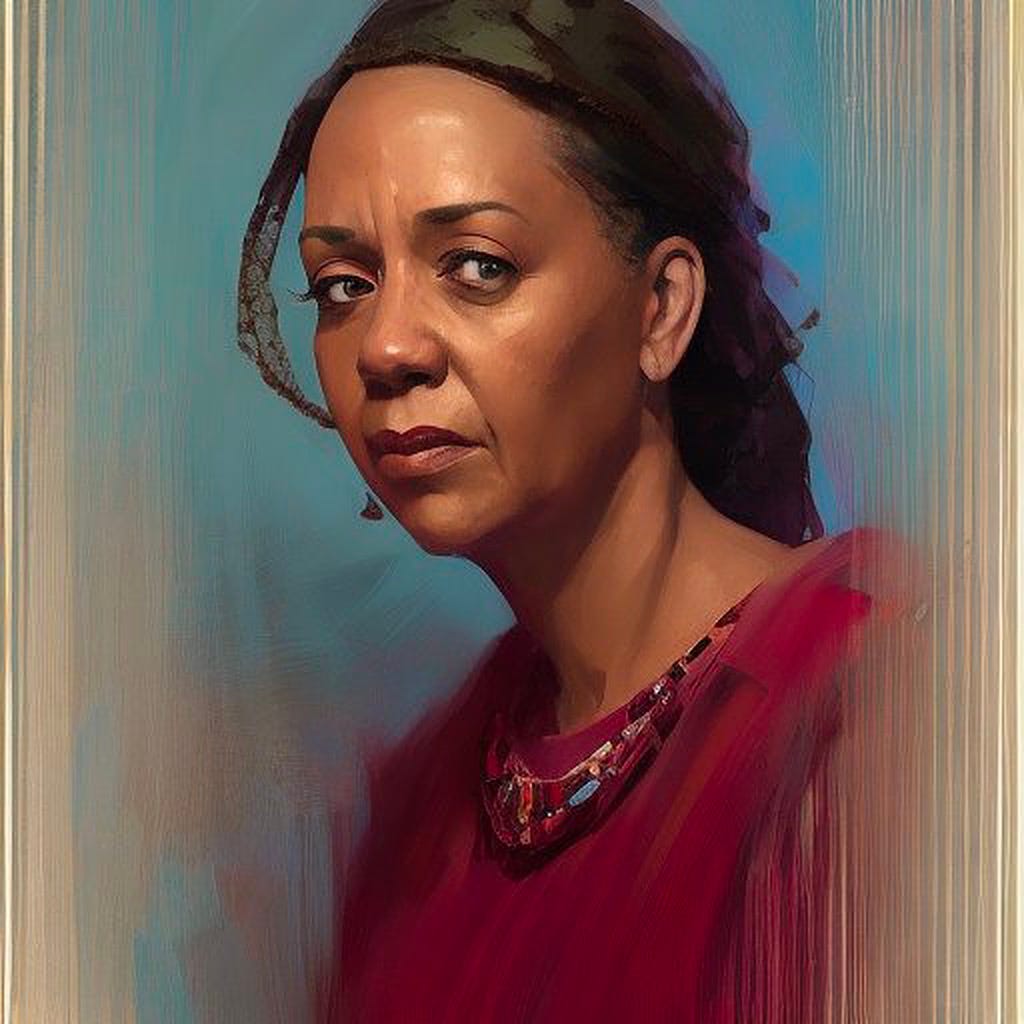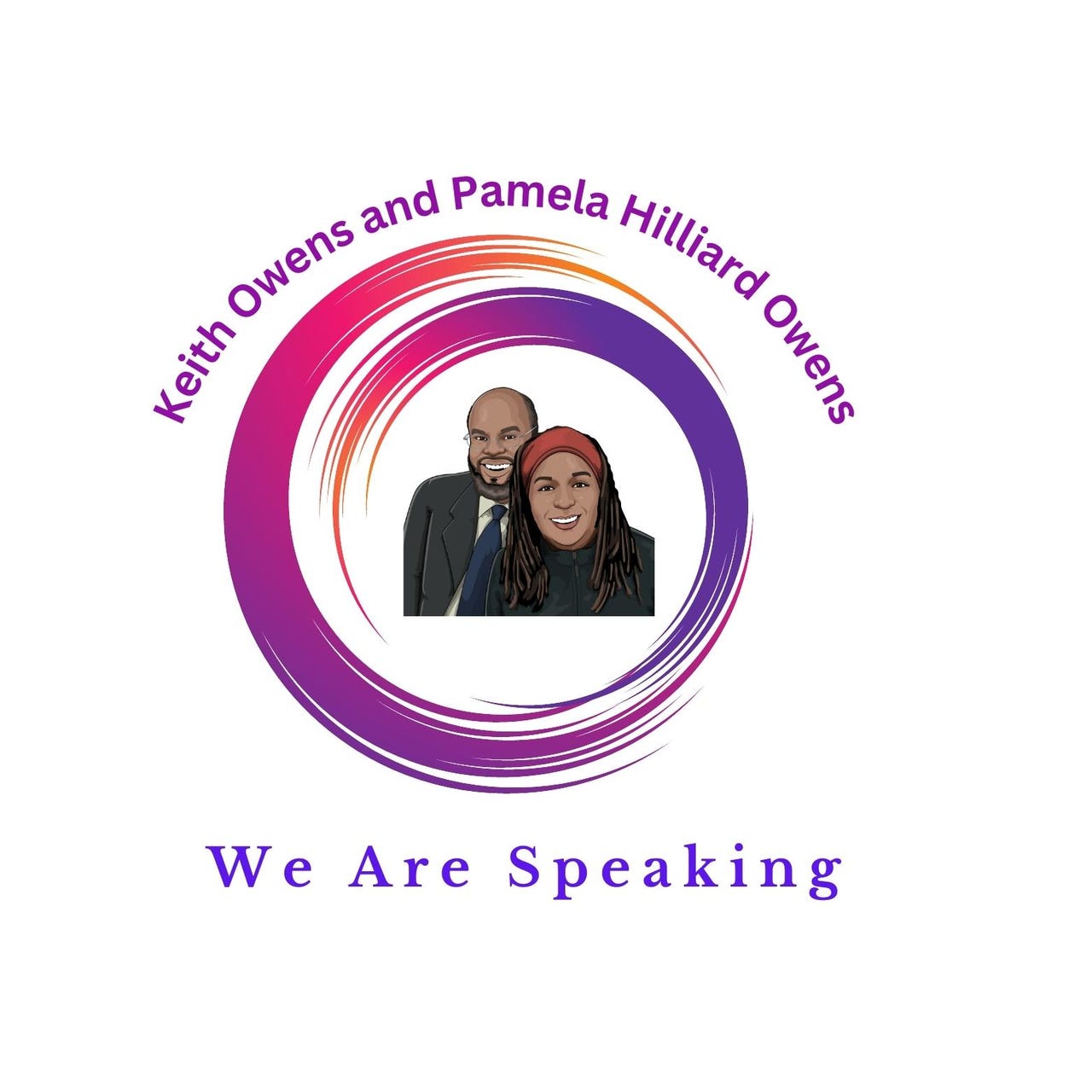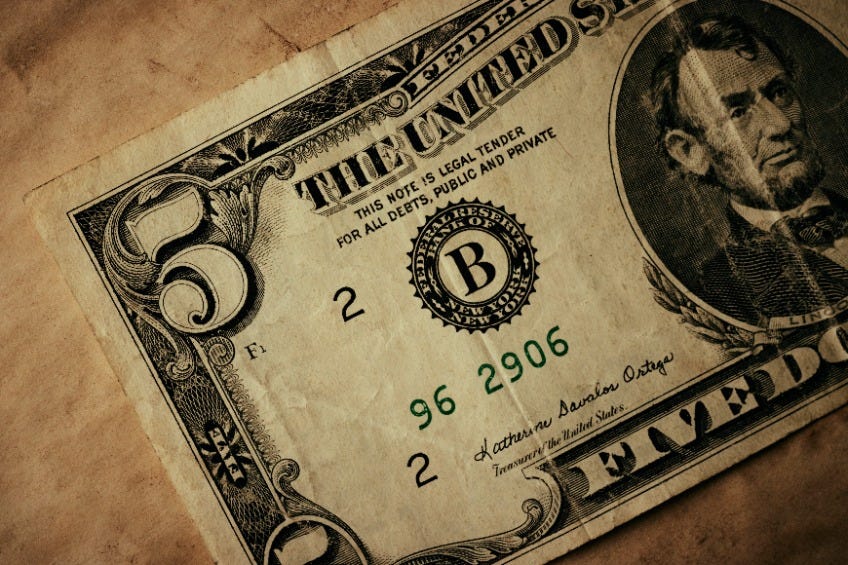Today In Black History: Rev. James Lawson, Jr.
Pastor, Pacifist, and Non-violent Civil Rights Activist
Issue #648 Today In Black History, Monday, June 24, 2024
Help us to reach our June 2024 goals: +125 total subscribers and +75 paid subscribers:
Please share and subscribe to help us grow this publication.
If you like us, REALLY like us, please click the “Like” button at the end of this post!
Also, please scroll to the end of this post for other ways to financially support us and We Are Speaking with our books and courses.
We appreciate your support!
Today’s Black History WOW!
Reverend James Lawson, Jr. was born on September 22, 1928, in Uniontown Pennsylvania. His father and grandfather were Methodist ministers, and Rev. Lawson received his ministry license in 1947 during his senior year of high school. He also became one of the leading proponents of nonviolent resistance in the civil rights movement.
Lawson's introduction to nonviolent activism came during his time as a young seminary student in Berea, Ohio, where he was influenced by the teachings of Mahatma Gandhi and his belief in the power of nonviolent resistance.
Because he refused to serve in the US military when drafted, Rev. Lawson was convicted of draft evasion and sentenced to two years in prison. He served 13 months of his sentence and returned to college, finishing his degree.
After serving as a Methodist missionary to Nagpur, India, Rev. Lawson returned to the United States in 1956, entering the Graduate School of Theology at Oberlin College in Ohio. One of his Oberlin professors introduced him to Rev. Dr. Martin Luther King Jr. who had also embraced Gandhi's principles of nonviolent resistance.
In 1957, at the urging of Rev. Dr. King, Rev. Lawson moved to Nashville, Tennessee, where he served as an advisor to the Nashville sit-in movement while attending Vanderbilt University from 1958 through 1960.
Rev. Lawson was expelled from Vanderbilt in March 1960 for civil rights arrests but received his S.T.B. from Boston University that same year. Rev. Lawson received a post as pastor of the Scott Church in Shelbyville, Tennessee.
In 1960, Rev. Lawson helped organize the Nashville sit-ins, a series of nonviolent protests aimed at desegregating lunch counters in the city. His commitment to nonviolence and civil disobedience was instrumental in the success of the sit-ins, which ultimately led to the desegregation of public facilities in Nashville.
In 1961, Rev. Lawson helped develop a strategy for the Freedom Riders. Lawson encouraged the students to plan a second wave of Freedom Rides from Alabama to continue the work and Lawson joined the group. They arrived in Jackson safely, but when they filed into a "whites only" waiting room they were arrested.
Lawson was among those arrested during the Jackson Freedom Ride arrests. The NAACP offered to pay for bail, but Lawson and others refused bail and waited for trial. The judge found all 27 guilty and they remained in jail. Lawson and the Freedom Riders met with Attorney General Robert F. Kennedy, and, in September 1961, President John F. Kennedy ordered that passengers be able to sit anywhere.
Rev. Lawson became pastor of Centenary Methodist Church in Memphis, Tennessee in 1962. Rev. Lawson extended an invitation to Rev. Dr. King to speak in Memphis. King delivered his famous "I’ve Been to the Mountaintop" speech on April 3 and was assassinated in Memphis on April 4, 1968.
Rev. Lawson moved to Los Angeles in 1974, where he was pastor of Holman United Methodist Church. He retired in 1999 but continued his civil rights work. While in Los Angeles, he was active in the labor movement, the American Civil Liberties Union, and movements for reproductive choice and gay rights.
At its 2006 graduation ceremony, Vanderbilt apologized for its previous discriminatory treatment of Rev. Lawson. Rev. Lawson returned to teach at Vanderbilt as a Distinguished Professor from 2006 to 2009. He donated his papers to Vanderbilt in 2013.
Rev. Lawson died at a hospital in Los Angeles, on Sunday, June 9, 2024, at age 95, the night before the 60th anniversary of the Civil Rights Act of 1964's filibuster breaking.
Today In Black History
In 1692, Kingston, Jamaica was founded after an earthquake.
In 1861, Tenessee became the 11th and last state to secede from the Union.
In 1885 Rev. Samuel David Ferguson, a consecrated bishop of the Protestant Episcopal Church and the named bishop of Liberia, was admitted as the first African American with full membership in the House of Bishops.
In 1896, Booker T. Washington, educator and founder of the Tuskegee Institute, received an honorary degree from Harvard University.
In 1898, with the help of the all-Black Tenth Calvary, American troops drove the Spanish forces from La Guasimas, Cuba.
In 1936, Dr. Mary McLeod Bethune, educator, and civil rights leader, became the first woman to receive a major appointment from the federal government when she was named Director of Negro Affairs of the National Youth Administration.
In 1960, Patrice Lumumba became the first prime Minister of independent Congo.
In 1971, Daniels and Bell of New York became the first Black-operated securities firm admitted to the New York Stock Exchange.
In 1972, the Democratic National Convention’s Rules Committee approved the nomination of Yvonne Brathwaite Burke as co-chairperson of the convention.
In 1988, Atlanta University and Clark College, two of America’s oldest HBCUs, merged to become Clark Atlanta University.
In 2022, the U.S. Supreme Court, in a 6-3 vote, overturned Roe v Wade, eliminating the 49-year-old constitutional right for women to choose abortion for their own health care.
Our paid subscribers are encouraged to discuss this post in our W.A.S. Chat Community.
Join Pamela Hilliard Owens’s subscriber chat
Available in the Substack app and on web
You are also welcome to view “We Are Speaking” in Substack Notes. You can also read other Substack publications without subscribing to them when you join Notes.
This post is free to read for three days. To have access 365/24/7 to our full archive, comment on our posts, and financially support “We Are Speaking” for no more than $5 per month, please subscribe at the paid level.

